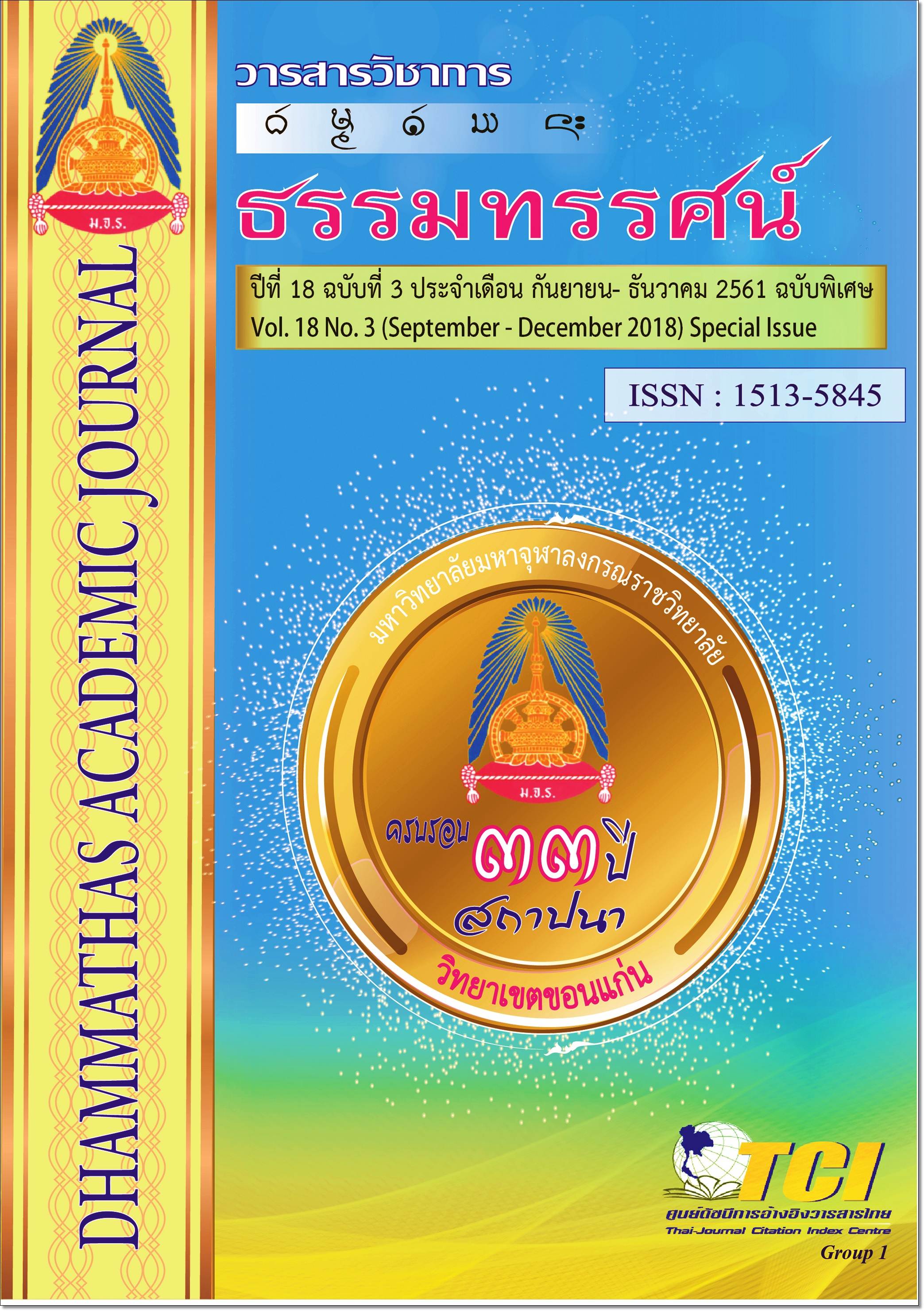Enhancing The Cooperationin a Shared Landfill: From Waste Disposal Center: A Case Study of the Shared Landfill and Waste Disposal Hosted by Muang Mahasarakham Municipality
Main Article Content
Abstract
Waste disposal center of Mahasarakham Municipality is a waste disposal area which has been utilized by 15 organizations. Hence, cooperation is required to govern the relationships of those organizations in utilizing the waste disposal area. The objectives of this study are: 1) to study the structure of the network to manage the waste together, 2) to study the role of different actors involved in the management of the waste together and 3) to study the ways to enhance the cooperation in the waste disposal area management. To achieve the objectives, qualitative approach has been employed. Documentary analysis and in-depth interviews with waste management executive agency network 15 agencies that involved significantly in the management and use of waste management center together have been conducted to gather data.
The study found that: the structure of the network that use the space waste together. The memorandum of agreement of cooperation and joint meeting in waste management. However, there is no approach of pooling staff and money in such cooperation. In terms of the roles of actors involved in this issue, it found that Mahasarakham Municipality plays a vital role in facilitating the cooperation. As a host of the waste disposal area, it plays a boundary-spanner role to engage the actors relevant to the utilization of the waste disposal area to work collaboratively together. Regarding the ways in which the cooperation can be enhanced, this study suggests that a formal committee to govern the relationships among collaborative organizations should be established. The duties of the committee should be setting strategies for managing the shared landfill and evaluating the implementation of those strategies.
